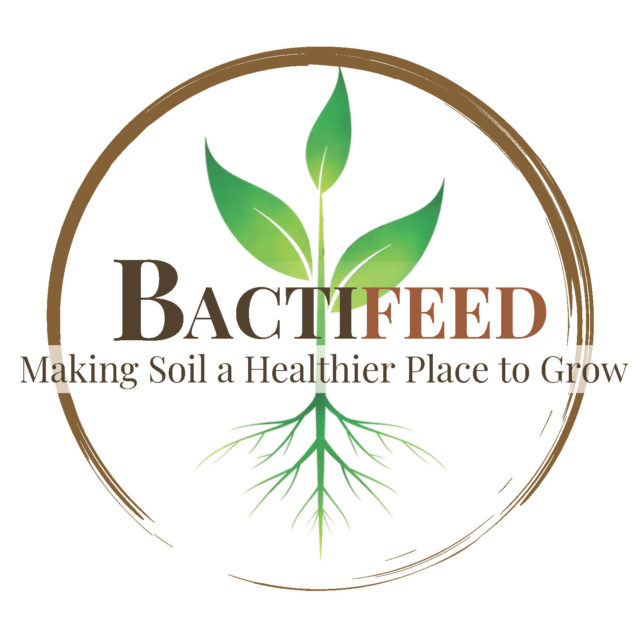The proliferation of plant-based milk on supermarket shelves today leads us to wonder, “Is there any hope for real milk? Is milk any different from milk alternatives, or will milk simply be replaced by manufactured beverages with laboratory-formulated ingredient lists?”
With all these alternative “milks,” there is little conversation toward the actual healthfulness of these drinks, or whether we should even be drinking these unnatural drinks at all. There are a few good reasons why milk will remain the top nutrition drink for centuries to come. Milk is unmatched when it comes to providing real, bioavailable nutrition.
1. Milk provides highly absorbable nutrition
The power of milk's bioavailable nutrition should not be understated. Humans have mastered nutrient assembly to manufacture alternative beverages, but the bioavailability of these beverages is poor. Milk is not just a package of beneficial nutrients, but a package of nutrients in a highly absorbable format. The synergies of milk’s bioactive compounds, working together, promote nutrient absorption in milk. Being that milk’s purpose in the world is to serve as a nutrient transfer mechanism, this power should not be surprising.
For example, researchers found that a variety of nutrients play a big role in driving calcium absorption. Magnesium, vitamin D and protein have been shown to work together to promote total calcium absorption in the body. Magnesium and vitamin D keep calcium dissolved in the blood rather than letting it build up, causing kidney stones and arthritis. Lactose also plays an important role in calcium absorption by feeding beneficial microflora in the gut, which in turn help your body absorb more calcium.
Calcium added to soy and almond beverages often remains at the bottom of the container as sludge even after vigorous shaking. How bioavailable will this added calcium be to your body when it’s not even soluble? It's easy to add ingredients to a beverage, harder to make them bioavailable for your body.
2. Anti-nutrients in plant ‘milks’
Interestingly, plants possess a whole host of compounds researchers are calling anti-nutrients that prevent nutrient absorption. Plants can’t fight back physically against predators, so they fight back biologically with toxic compounds and substances to deter their destruction and prevent nutrient absorption by the predators. Phytates, oxalates, lectins, endocrine disruptors and immune disruptors are only a few examples of some of the anti-nutrients in plants.
Phytates and oxalates interfere with mineral absorption, binding to minerals like iron, calcium, zinc, magnesium and copper and causing them to be inabsorbable. Plant proteins are often inferior to animal proteins due to anti-nutrients like phytates, which also bind with proteins to reduce protein absorption. These anti-nutrients are the reason why plant-based nutrition is inferior to animal nutrition. These anti-nutrients bind nutrients and prevent your body from absorbing them.
Phytates are found in all plants but especially nuts and seeds. Soy and almonds are among the top food sources of phytates. The effect of these anti-nutrients is real. For example, only 5 percent of the calcium in spinach can be absorbed by the body, and to get the same amount of calcium as a glass of milk, you have to eat 8 cups of spinach. Drink your phytate-filled, plant-based beverage with your meal and you could be causing more harm than you know.
3. Milkfat is an important nutrient
Plant-based “milks” proudly label their beverages as saturated fat-free, but is that a health benefit? Your brain and heart are powered by fat, and fat is the preferred fuel source for your body. Dietary fat is necessary for nutrient absorption and helps to promote vitamin absorption – especially the fat-soluble ones. Milk contains the perfect amount of fat to help promote nutrient absorption.
Certain essential vitamins, such as A, D, E and K, all require fat in order to be absorbed by our intestines. Vitamin K2 is only found in animal-based fats and is essential for calcium absorption and utilization. Vitamin K2 activates the calcium-binding properties of protein and regulates where calcium ends up in the body. Researchers have found that vitamin K2 prevents calcium from being dumped in the arteries, which has been shown to reduce heart disease.
Milkfat is also encased in a droplet surrounded by the milkfat globule membrane (MFGM), which carries a vast array of beneficial bioactive compounds. The compounds on the MFGM have been shown to possess anti-bacterial, anti-viral, anti-pathogenic and even anti-cancer properties. Milkfat has been shown to help with the inactivation of toxins and bacteria – certainly an important component to milk. Milkfat is an essential nutrient for good health and something plant-based beverages will not be able to replicate.
Alternative beverages may try to add similar ingredients to their drinks, but without nutrient absorption mechanisms and with anti-nutrients preventing nutrient absorption, are they even worthwhile to consume? Not to mention the unique, bioactive nutrients in milk like saturated fat, MFGM and vitamin K.
Milk is not easily replicated: It has fed humanity for thousands of years – there must be some reason. ![]()
Stephen Weststeyn is a California dairy farmer. See the full post on his blog, Dairy Moos.




